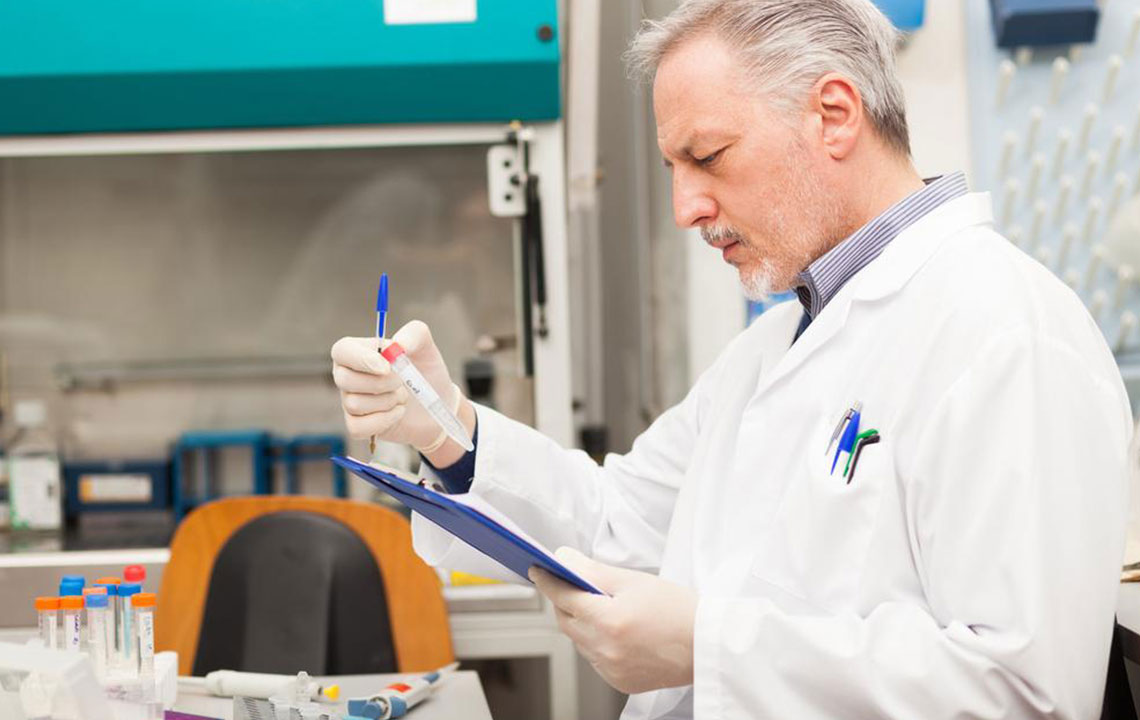Pros and Cons of Affordable DNA Testing
DNA testing, also known as genetic testing, is an important tool to gauge a person’s risk for contracting a certain disease. Affordable DNA testing is not much tedious for the person getting tested. At a clinic or a hospital, a sample of the individual’s blood or saliva is collected and lab tests are conducted to indicate the presence of a disease. Affordable DNA testing is essentially a roadmap for predicting the occurrence of medical conditions from Alzheimer’s disease to cancer. However, the DNA testing process is a lot more complex than it seems. The results can be difficult for the individual to absorb, as they might not be expecting a certain condition.

Pros of affordable DNA testing
- Insight – One of the primary reasons people opt for DNA testing is its ability to gauge the presence of a certain disease. A set of doctors specialize in reading the DNA sequence and check for interruptions or disruptions from the DNA test results. This insight is important for doctors as it can tell them about a future problem before it has developed or has shown any initial symptoms. The necessary precautions and treatment can help the individual evade a condition that could be fatal.
Cons of affordable DNA testing
- Eligibility – Genetic testing is a complex process and is not available to everyone. Yes, you can get DNA testing kits, but the results on them will not be as accurate as the lab and hospital tests. You can only be eligible for a test if any of your family members have encountered a genetic disorder and have been genetically tested themselves. The reason for this is the direction of the test. The human body has seven to ten dysfunctional or altered genes. A history of medical conditions among family members will dictate the attention of the test.
- Not a full-body review – If you believe genetic testing is synonymous with a full-body review, you are wrong. DNA testing is targeted and does not work as a full-body examination. It is important for the doctor to know the purpose of the DNA test. They cannot test for every possible condition on the planet. This will not only cost a lot of money and time, but it could also lead to imperfect test results. For example, a patient whose parents have a history of heart conditions will be tested for BRCA 1 or 2 to gauge the risk of breast cancer.
- Limited information – Even if genetic testing can make us aware of different conditions, the severity of these conditions cannot be determined from these tests. Furthermore, a negative result might not always be concrete, as a single test cannot determine all the genetic changes and abnormalities associated with that disorder. This will only lead to additional tests that can cost a lot more than the initial DNA tests. It is also noted that the treatment strategies for early diagnosis of these conditions are limited.
- Physical risks – Genetic testing follows a relatively sound and simple process, but it might have a few physical risks as well. The risks are fewer, as DNA testing only requires you to submit a sample of your blood or saliva. However, some of the more complex tests can be a lot riskier. Prenatal testing can be particularly risky, as it involves the process of acquiring amniotic fluid from the fetus. The risks of this process could also include a miscarriage.

